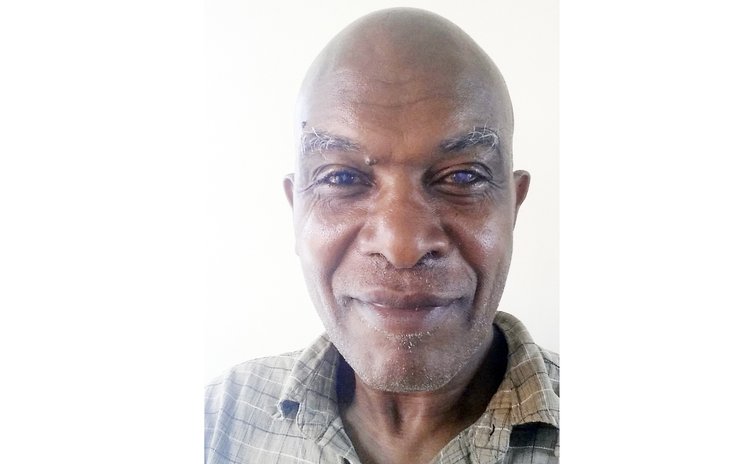A Treat of Treating
By Dr. Darius Lecointe

The first public response from Senior Counsel Anthony Astaphan to the decision from the CCJ in the Roosevelt Skerrit & Ors v Antoine Defoe & Ors "treating" case, included a thinly-veiled attempt to influence the Director of Public Prosecution with public pressure.
This was quickly followed by a statement from Prime Minister Roosevelt Skerrit. Without naming the Office of the DPP, he expressed his respect - and that of the Dominica Labour Party - for all state institutions. Because SC Astaphan represented PM before the CCJ, the PM's statement can only be interpreted as an attempt to address the ethical questions raised by his attorney's ill-advised comments. We do not know how that will work out.
It is still necessary to address the impression that Mr. Astaphan tried to leave with the public that, when the Court asked him about any possible role for the DPP in the matter it was somehow suggesting a way by which he could snatch victory from the jaws of certain defeat.
The Court is an independent and impartial institution. We know that it would not engage in such unethical behavior. Why, then, did the Court ask a question that could not provide any information that was needed to help it decide the case? Why would the Court ask a question that could only raise troubling questions?
The question can only be interpreted as judicial rebuke for what was a waste of judicial resources. The question may have caught the lead attorneys by surprise but the panel must have come prepared to ask it. It is clear that they already knew the answer. They could have taken judicial notice of that fact. But they needed to elicit agreement from counsel for the appellants that the DPP had the constitutional authority to intervene, take over and discontinue any private criminal prosecution.
Counsel's admission demonstrated that the initial motion for judicial review was not made in good faith. The Court recognized it as an attempt to escape the requirements of the criminal statute. The Court used that question to demonstrate that prosecutorial discretion had always been available to the appellants. They had not relied on it from the beginning because they were convinced that they could not. And their assertion through the PM's own statement emphasizes this.
I am convinced that Justice Burgess is not the only one on the Court who believes the claims of the appellants were a threat to the majesty of the Constitution or that the appeal had no place before the Court. A Supreme Court will, where necessary, often teach lessons that extend beyond the case before it.




